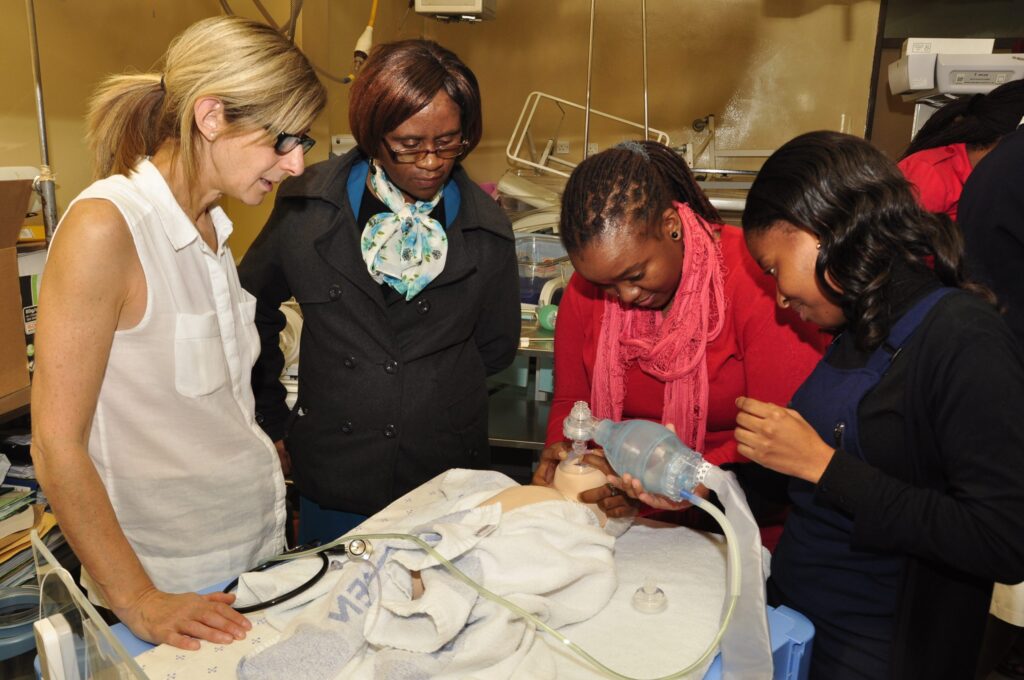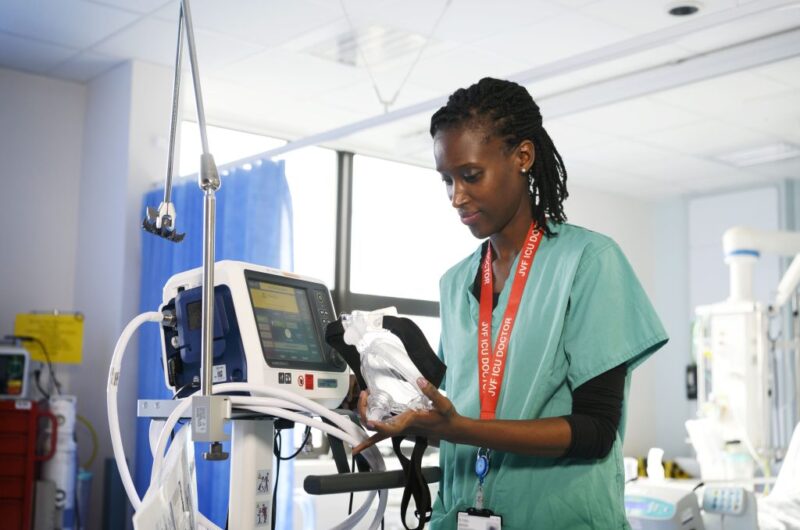Our work is guided by three fundamental values:

Safe
Everyone involved feels secure, valued, respected and heard when contributing to health projects and partnerships. We aim for the highest standard of safety possible by providing a safe working environment and supporting development of safe healthcare practices. 1

Effective
We support sustainable change in people, practices and healthcare institutions that improve patient outcomes by carefully considering how best to use the time, skills and expertise contributed by members and partners, and the money contributed by supporters and donors, while also complementing the work of other organisations and partnerships.

Ethical
We listen to the needs of everyone involved to plan, implement and learn together while co-developing and co-delivering projects. Health projects are tailored to address the specific needs of all the countries and institutions involved in each partnership, and activities remain consistent with these priorities throughout.
“We have helped individuals and teams to deliver the very highest standards of safe, effective and ethical volunteering and share their expertise around the world, bringing back new ideas that enrich and enhance our own practice.”
Dame Mary Archer President, Cambridge Global Health Partnerships

Our Gender Equality and Social Inclusion (GESI) statement
Cambridge Global Health Partnerships’ (CGHP) mission is to work in partnership to inspire and enable people to improve healthcare globally.
We recognise that gender equality and social inclusion (GESI) are central to safe, ethical and effective global health partnerships. We are committed to eliminating discrimination and fostering an inclusive environment within the organisation and our partnerships.
This statement affirms our commitment to GESI, and that this is reflected in all our policies, procedures, and everyday practices.
Gender Equality – Gender equality ensures that women, men and people of other genders have equal rights, opportunities, and respect. Gender equality is the end goal of gender equity.
Social Inclusion – Social inclusion includes the inclusion of women and girls as well as other vulnerable groups who are at risk of exclusion within a particular context. Such groups may include: women and girls, adolescents and young people, the elderly, people living with disabilities, ethnic minorities, religious minorities, people living with a stigmatising illness, internally displaced people, migrant populations, nomadic communities, members of minority clans or sub-clans, people living in urban settlements or geographically inaccessible districts, the lesbian, gay, bisexual, transgender, queer (or questioning), and intersex community, groups with less education, and the very poor. 2
1. Adapted from the Cambridge University Hospitals NHS Foundation Trust (CUH) Vision and Values (Available here).
2. Adapted from Global Health Partnerships (formally THET) ‘Toolkit: Gender Equality and Social Inclusion Toolkit for Health Partnerships’ available at: THET-GESI-toolkit.

